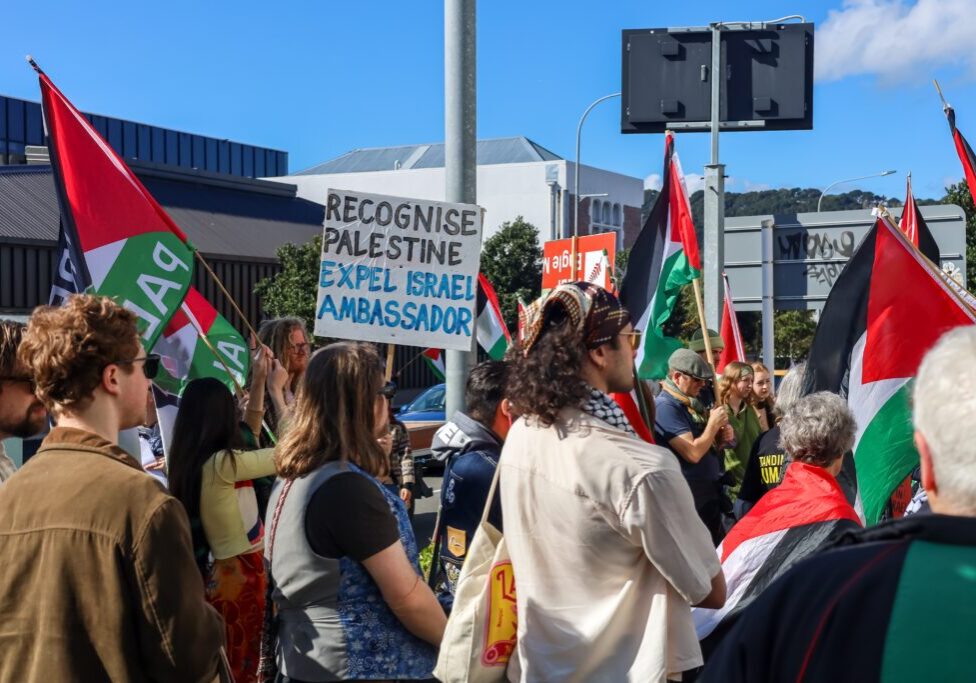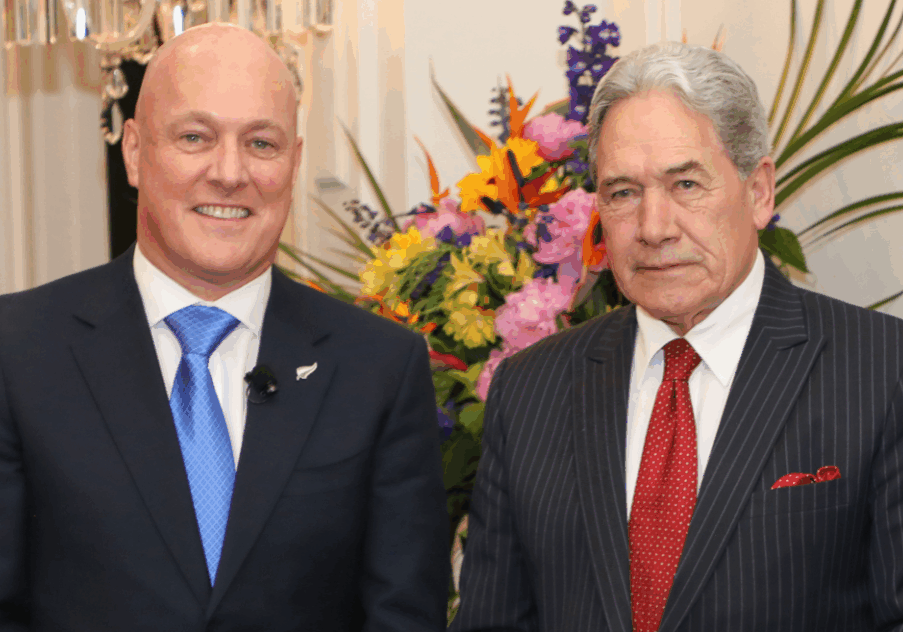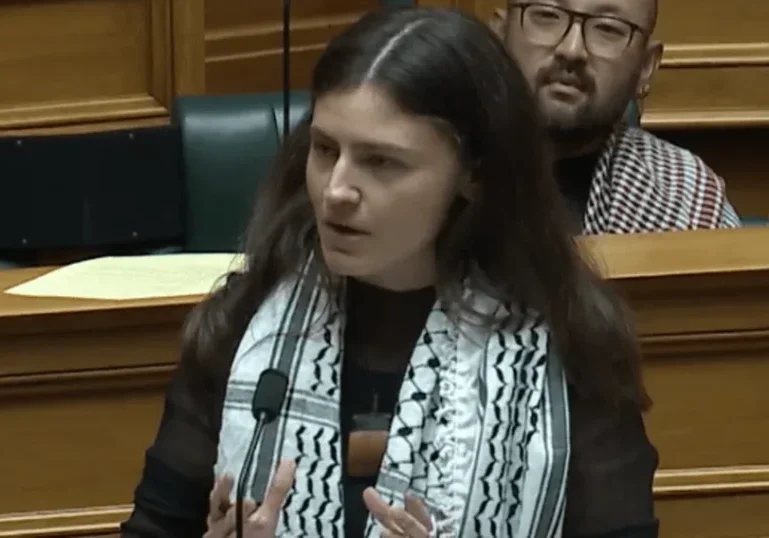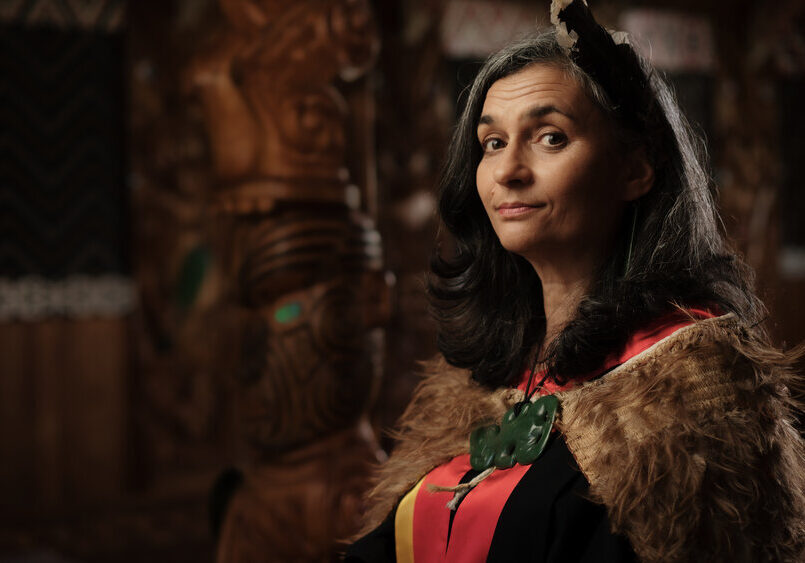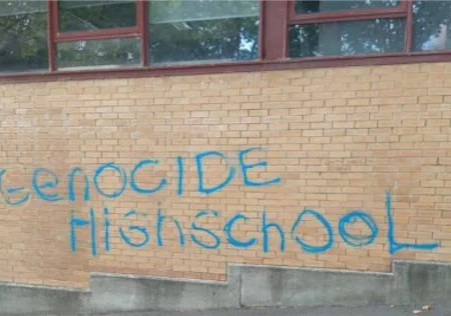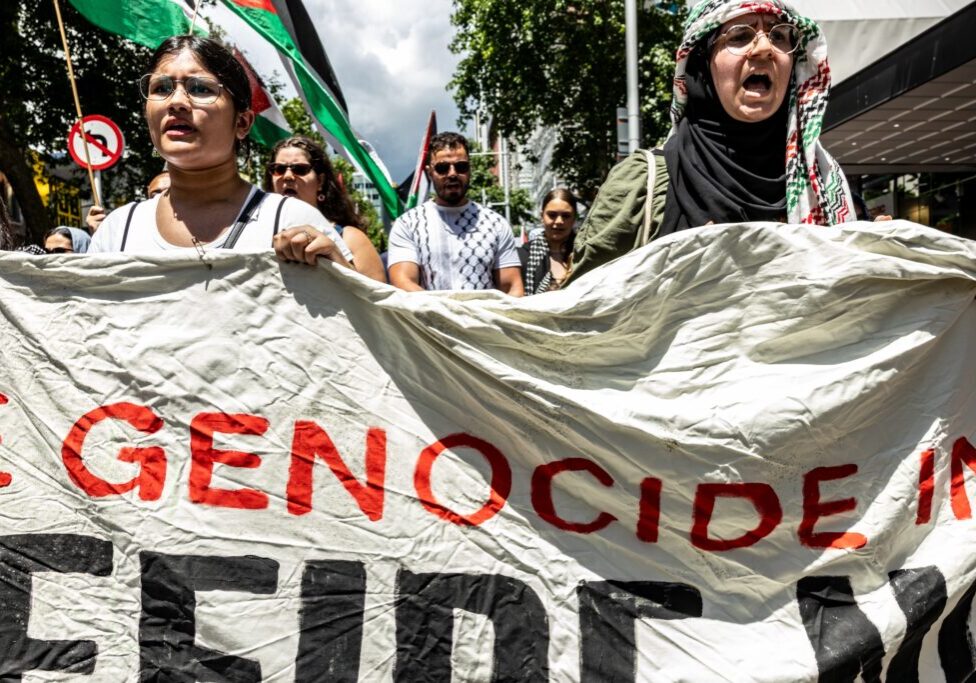Australia/Israel Review
AIR New Zealand: Labour’s Landslide
Nov 2, 2020 | Miriam Bell
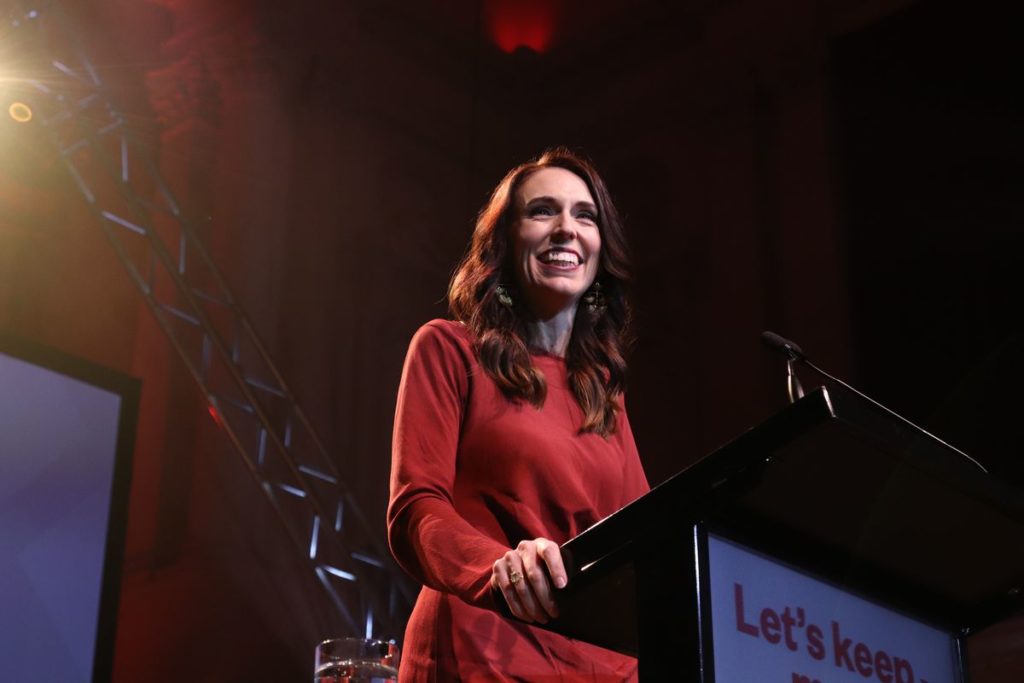
It was always going to be a fascinating result. Held in the shadow of COVID-19, the pandemic cast a huge shadow over New Zealand’s general election.
And the Labour-led government’s largely successful response to COVID played a big part in the polls. It also led to the postponement of the original election date and focused much of the campaign on the COVID recovery.
The polls had consistently shown that Labour was on course to win – and win the party did. A landslide of red handed Labour the first-ever outright majority since the country’s mixed-member proportional representation (MMP) electoral system was introduced in 1996.
Labour won 49.1% of the vote, which translates to at least 64 seats in the 120-seat Parliament. This means Prime Minister Jacinda Ardern’s party can govern alone, without the support – and demands – of coalition partners.
From 2017 to 2020 Labour governed with the Green Party and New Zealand First as its partners. This time round, things will be different. For a start, New Zealand First, the party of the country’s longest-serving MP and outgoing Foreign Minister Winston Peters, failed to achieve the necessary 5% to return to Parliament.
By contrast, the Green Party achieved a good result. It won 7.6% of the vote, earning it 10 parliamentary seats. Additionally, 26-year-old Chloe Swarbrick won the Auckland Central electorate for the Greens. This made her the first Green MP to win an electorate seat since 1999.
Yet, despite the Greens’ strong showing, Labour’s outright majority means the Greens are likely to have less power than last term.
While Ardern looks likely to come to some sort of arrangement with them, she has emphasised that her government will be governing for all New Zealanders, suggesting that Green policies which have concerned centrist voters (e.g. a wealth tax) are not likely to make much headway.
Little was said about foreign policy during the campaign. There was not much detail in the foreign policy documents the parties released in the lead-up to the election. This means that where the next government will stand on foreign policy is uncertain – although a huge departure from New Zealand’s conventional stance on issues seems unlikely.
But what does the new Labour government, and the big swing to the centre-left, mean for the Jewish community?
Well, for a start, it means some MPs who have been supportive of the Jewish community are leaving Parliament. The most obvious of these is Winston Peters.
Peters had earned credit with the Jewish community for being one of the few politicians to publicly criticise New Zealand’s co-sponsorship of the anti-Israel UN Security Council Resolution 2334 in 2016. However, he then disappointed as Foreign Minister by failing to ameliorate New Zealand’s voting pattern on Israel at the United Nations or condemn Palestinian attacks on Israel.
Peters’ departure means there are huge question marks over who might take the influential role of foreign minister. There are no immediately obvious candidates for the role at this stage.
Another longstanding friend of Israel who is now departing Parliament is Alfred Ngaro, who was chairman of the Israeli-NZ Parliamentary Friendship Group. His departure leaves not only the chair of the friendship group vacant but question marks over its future, given Ngaro was the driving force behind its establishment.
Israel Institute co-director David Cumin said it is sad to see some very supportive MPs exit parliament – in particular Alfred Ngaro and Tim Macindoe, “But we look forward to engaging with all the incoming MPs so they better understand issues around Israel.”
Going forward, Cumin says the Labour party has been outspoken about its desire to address hate speech. For that reason, the Institute hopes one of its first steps will be to stop Kiwi taxpayer funding of antisemitism and incitement that is taught to children in UNRWA (United Nations Relief and Works Agency for Palestinian Refugees) schools.
“It would also be consistent for the Labour leaders to condemn the antisemitism of [Labour MP] Dr. Duncan Webb, who has accused Jews of controlling US politics and promoted the discriminatory BDS campaign.
“While James Shaw, co-leader of the Green Party, has done so, we hope the new New Zealand government follows him and other liberal democracies including Germany, Austria, Canada and Spain to counter racism and discrimination with a statement that recognises and condemns the antisemitism inherent in the BDS campaign.”
Ardern was strong in designating the Christchurch terrorist as such and the Institute hopes she will, in line with other liberal democracies, take a strong stance on Hezbollah, Hamas and the PFLP, Cumin says. “These groups are not currently recognised as terror entities in New Zealand but are recognised by countries including Canada, Germany, the United Kingdom and Paraguay.”
The Institute also looks forward to the Labour Government continuing the momentum that was started with the signing of the NZ-ISR innovation agreement between New Zealand and Israel last year, he added.
For the Jewish community in New Zealand, the Labour Government is expected to continue its recent efforts at relationship building. But how the new Government approaches issues to do with Israel is a more complex question and few answers appear available at this stage.
Tags: New Zealand

